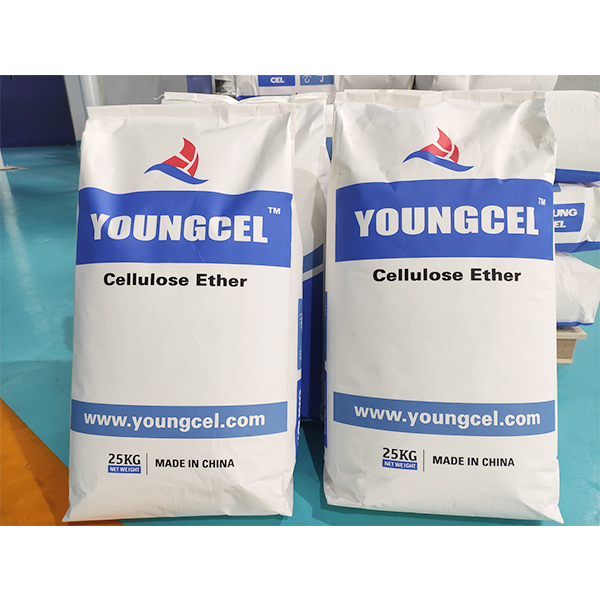The Versatility of Adhesive Methyl Cellulose
Methyl cellulose, a non-toxic, biodegradable polymer derived from natural cellulose, has gained significant attention in various industries, primarily due to its remarkable adhesive properties. Synthesized through the reaction of cellulose with methyl chloride in an alkaline environment, this versatile compound has found applications in construction, food, pharmaceuticals, and cosmetics. One of the most intriguing aspects of methyl cellulose is its unique behavior it is soluble in cold water but forms a gel upon heating, making it an ideal candidate for a wide range of applications.
In the construction industry, adhesive methyl cellulose is increasingly used as a key ingredient in tile adhesives, joint compounds, and caulking products. Its ability to enhance workability, provide excellent adhesion, and improve water retention properties makes it indispensable for successfully installing tiles and finishes. Additionally, the inclusion of methyl cellulose can extend the open time of the adhesive, allowing for more flexibility during the application process, which is especially crucial in situations where precise adjustments are needed.
In the realm of food production, methyl cellulose serves as a thickening agent and stabilizer. It is commonly found in processed foods such as sauces, dressings, and ice creams. The adhesive properties of methyl cellulose allow it to help maintain texture and consistency in these products, preventing separation and ensuring a pleasant mouthfeel. Furthermore, as a fat replacer in various recipes, it helps to reduce calories while still providing the creaminess that consumers expect.
adhesive methyl cellulose

Pharmaceutically, adhesive methyl cellulose is utilized in the formulation of various drug delivery systems. Its biocompatibility and ability to form gels in bodily fluids make it an excellent choice for controlled-release formulations and other dosage forms, such as tablets and capsules. By optimizing the drug release profile, methyl cellulose can enhance bioavailability and ensure that active ingredients are delivered effectively within the body. This feature is particularly beneficial in the development of medications for chronic conditions, where consistent therapeutic levels are critical.
Cosmetics and personal care products also benefit from the incorporation of methyl cellulose. Its adhesive and film-forming properties allow it to provide long-lasting hold in hair styling products, give structure to creams and lotions, and maintain the stability of emulsions. Additionally, as consumers become increasingly concerned about the environmental impact of their purchases, the natural origins and biodegradability of methyl cellulose make it an attractive choice for manufacturers aiming to create eco-friendly formulations.
Moreover, the versatility of adhesive methyl cellulose extends to the realm of 3D printing and biomaterials. Researchers are exploring its potential in bioinks for printing tissues and organs, given its biocompatibility and ability to support cell growth. The potential applications in regenerative medicine are vast, and as technology progresses, its use in these areas is likely to grow.
In conclusion, adhesive methyl cellulose stands as a testament to the innovative uses of natural polymers in modern applications. From construction and food to pharmaceuticals and cosmetics, its unique adhesive properties, combined with its environmental friendliness, position it as a pivotal ingredient across a multitude of sectors. As industries continue to seek sustainable and effective solutions, the role of methyl cellulose is set to expand, highlighting the importance of this remarkable compound in advancing both technology and sustainability.
-
HEC 100000 Hydroxyethylcellulose for Paint | Superior ThickeningNewsAug.30,2025
-
Wall Putty Rdp Powder Packaging DesignNewsAug.29,2025
-
Introduction to Hpmc Hydroxypropyl Methyl CellulosNewsAug.29,2025
-
Hpmc Industri Grade IntegrationNewsAug.29,2025
-
How to Choose the Right Construction AdhesiveNewsAug.29,2025
-
Construction Adhesive StrengthNewsAug.29,2025




